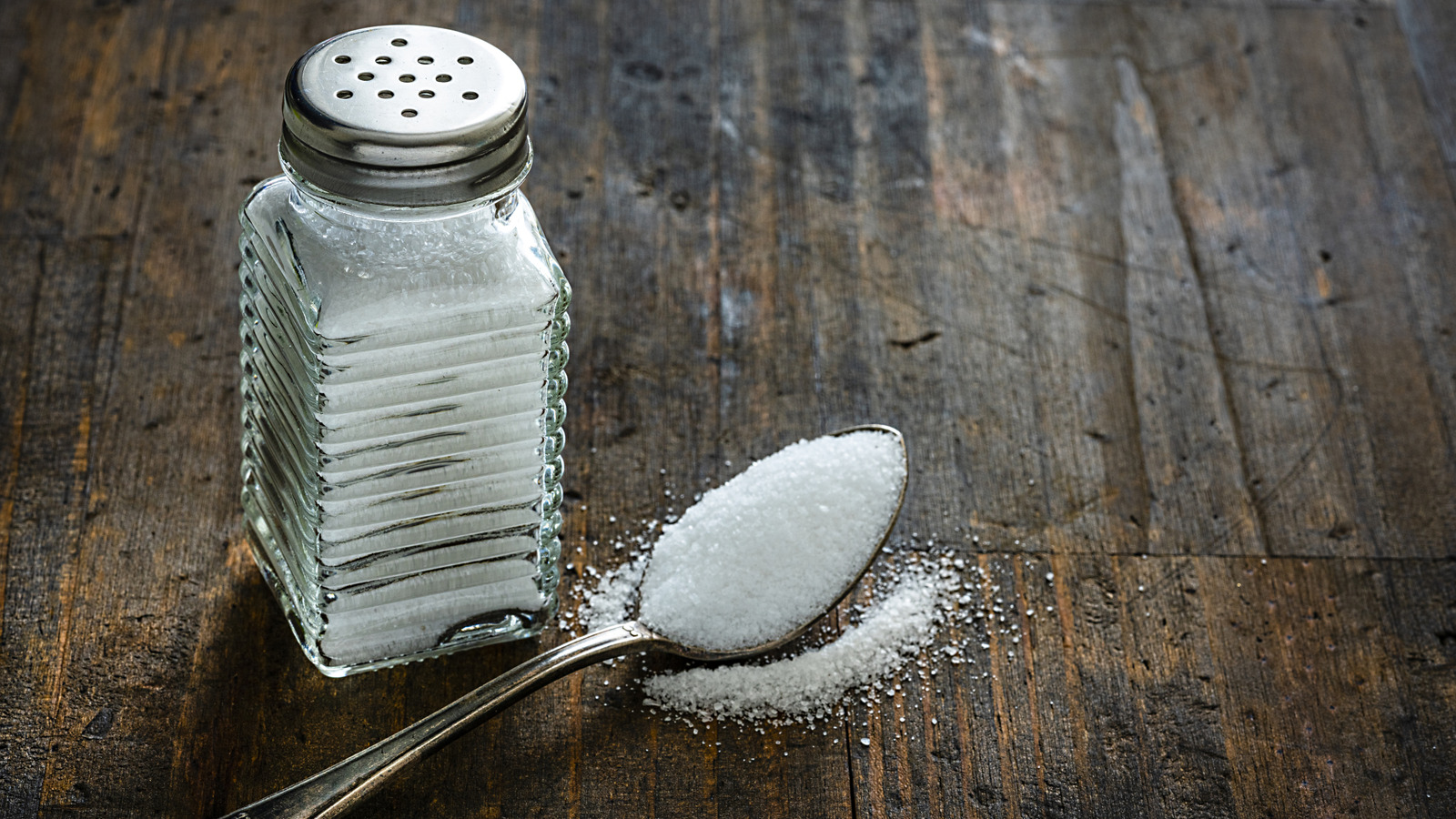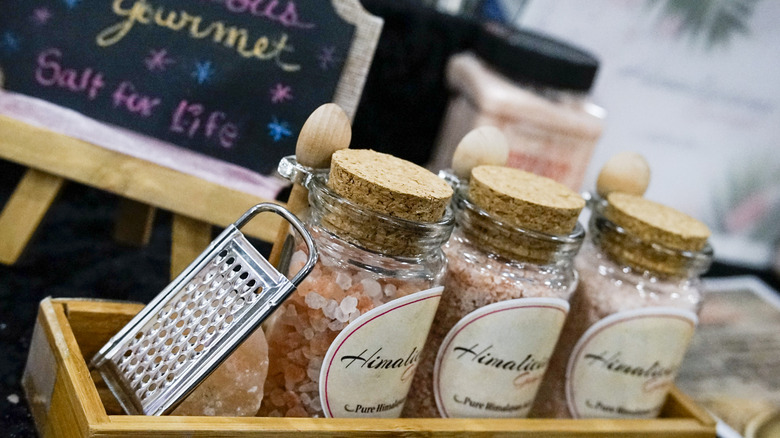Salt is the great star in almost every meal. Its superpower is it can make bland foods like potatoes and chicken taste like gourmet meals. It just takes a pinch to boost the flavor of store-bought tomatoes; a sprinkle to bring out hidden flavors in baked goods; or an even larger quantity to rub all over a piece of meat is transformative. There are books dedicated to everything you need to know about salt, but one of the most important aspects of this treasured seasoning is how you store it. And spoiler alert, it’s not in your salt shaker on the table. Salt needs to be stored in a cool, moisture-free, dark space if you want to keep it in its best condition and ready to use at a moment’s notice.
Airtight containers are a salt’s best friend. A canister or airtight plastic bag can keep moisture out and your salt clump-free and ready to use. You can use the old restaurant trick and add rice to your salt shaker or container to soak up any moisture. Avoid storing this container in direct sunlight; after all, salt isn’t a plant or an animal. A cabinet can be the perfect spot for stashing it away, allowing you to practice the best storage methods.
Why storing properly matters
What’s the big deal about where you store it? In addition to making food taste delicious, salt absorbs moisture. When this happens it can become clumpy and difficult to sprinkle into a pot or onto a meal. This is especially the case with salts made of larger crystals like fleur de sel, kosher salt, or sea salt. This is why cool and dry is key when safeguarding this seasoning.
But moisture is not salt’s only kryptonite. Odors and light can also cause some serious damage. If salt is stored in a manner that allows it to come into contact with oils or smelly foods, it will absorb those odors and its taste will be compromised. Additionally, heat and light can degrade certain salts. It can decrease its iodine content and affect the texture of specialty salts like Himalayan pink.
How long does salt last? Believe it or not, salt has an indefinite shelf life as long as you store it properly. Take care of your salt and it will take care of you when you need to add it to a recipe or just give a meal a nice finish.






